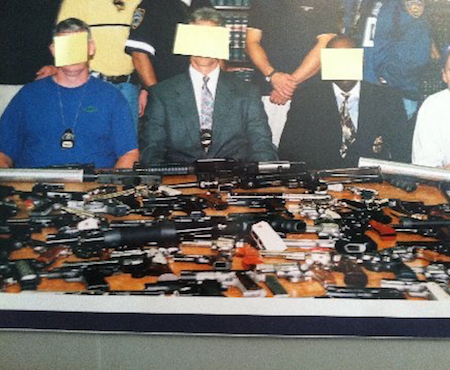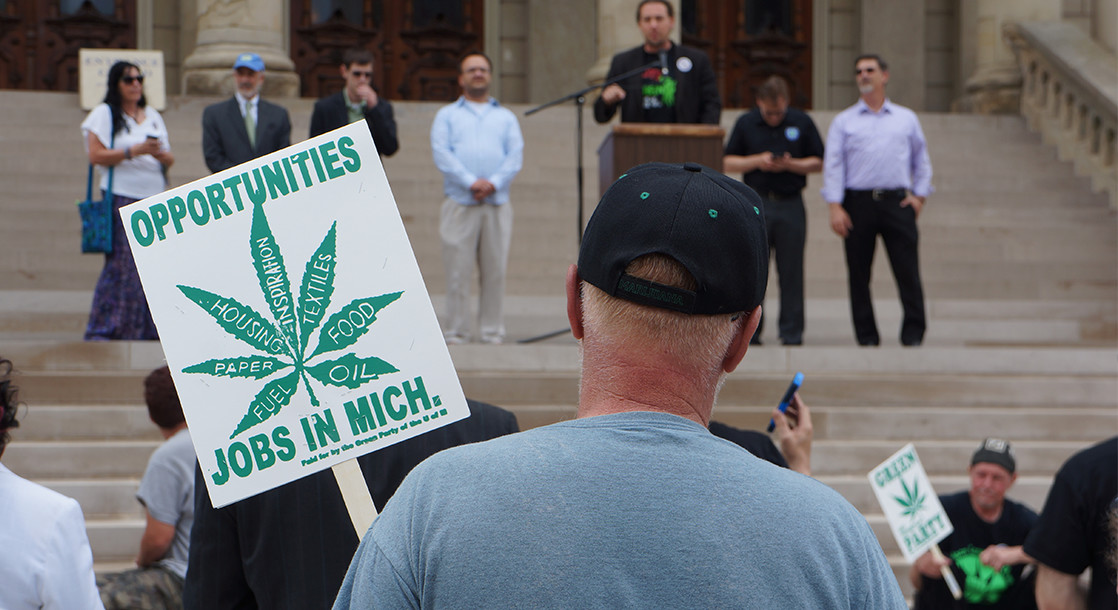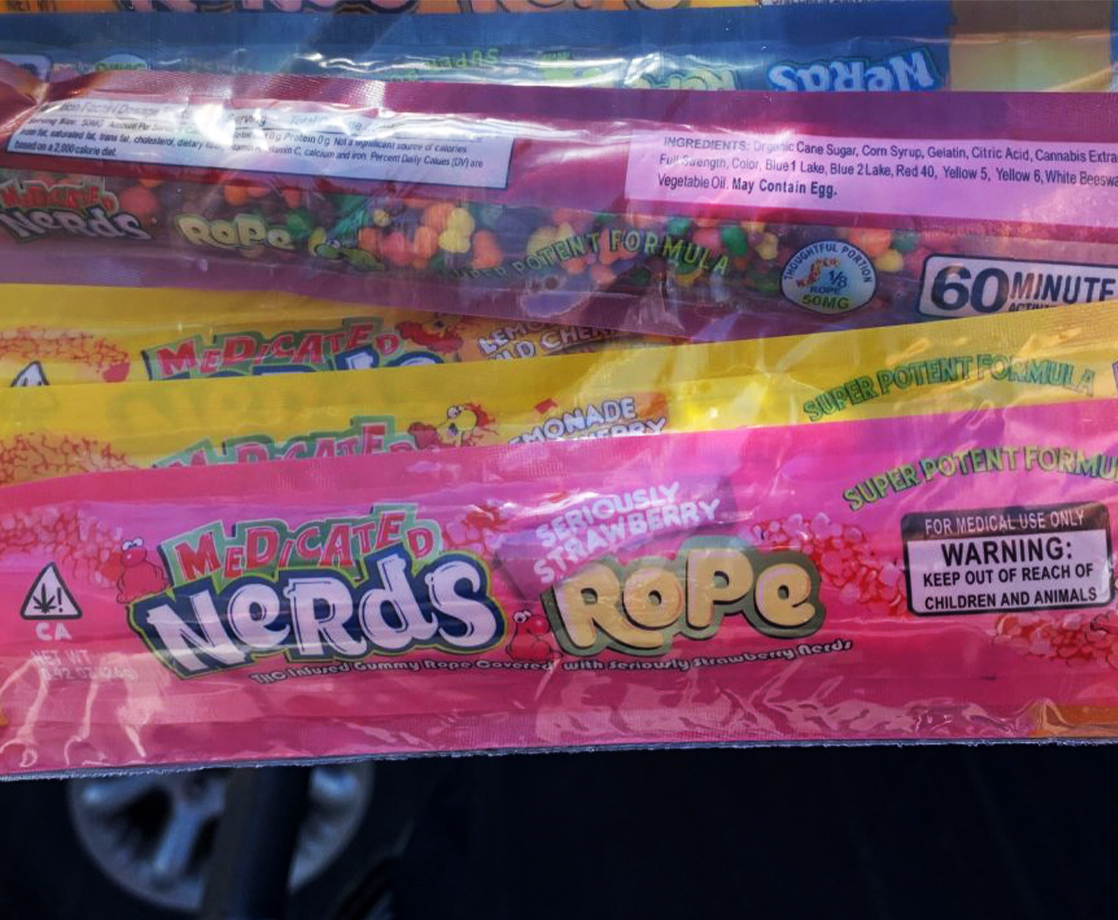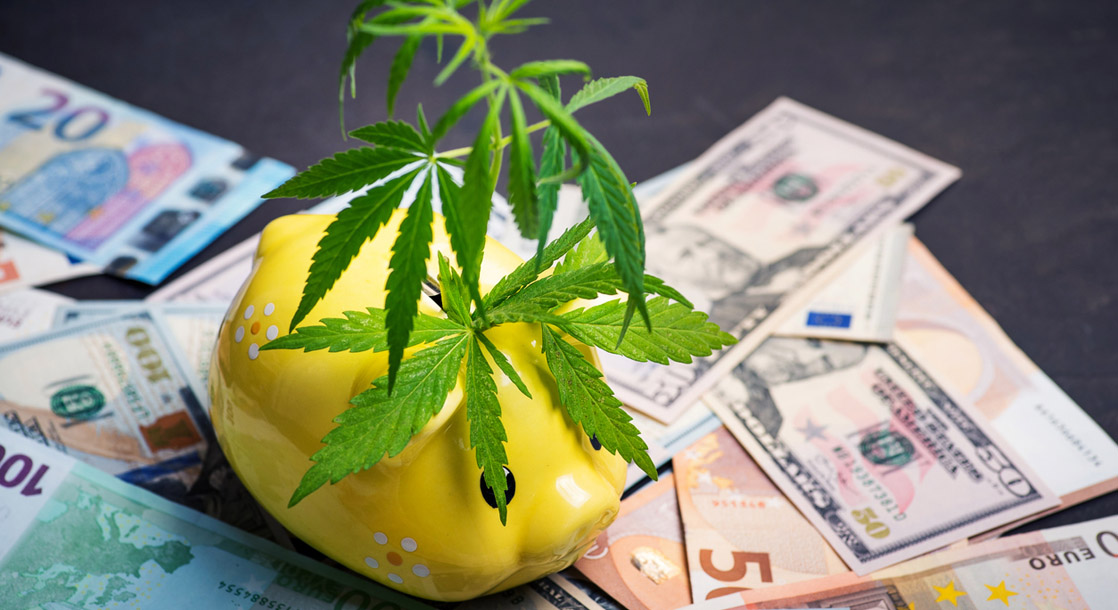The spoils of Operation Clean House. Photo courtesy of CS-96.
It was during Operation Clean House––a multi-state task force that targeted a drug organization operating in Detroit, San Diego, Los Angeles, New York, and San Diego's Inland Empire––that the man known as CS-96, Roman Caribe for all intents and purposes, let the paranoia get the best of him. In a stressed-out state the confidential informant awoke from a daze pointing his well-oiled Glock at his wife's face. But there was no time to regroup as he was working a big case. Maintaining composure was essential.
Under NYPD detective Richie Fagan, Caribe, working in an undercover capacity since 1996, supplied the task force with information that led to the seizure of $30 million in cash, 60 kilos of cocaine, 20 kilos of heroin, 200 pounds of methamphetamine, almost a ton of marijuana, and a cache of 36 weapons including machine guns, handguns, and hunting rifles. 18 cartel members were arrested and Fagan, who was a specialist at flipping drug dealers, would do his best to convince them that they needed to snitch out their bosses, the Beltran brothers. Roman Caribe is just one of the many aliases that CS-96 has used in his 21-year––and still active––career.
In a new book, Confidential Source Ninety-Six: The Making of America's Preeminent Confidential Informant, released this week by Hachette Books, he tells his tale in first person. The book details how CS-96, writing under his Roman Caribe alias, got involved in the drug game as a mule in his early 20s, quickly moved into middle management, and ultimately ascended to the upper echelons of the drug trade on the American side. But a decade in he got busted and decided it was time to get out. MERRY JANE talked with CS-96 by phone to find out how he got involved in the drug game in the first place, why he decided to switch sides, and what he thinks about America's war on drugs (and marijuana.)
MERRY JANE: How did you get involved in the drug trade in the first place?
CS-96: I used to work for a shoe store. I was the manager. I lost my job. I had two children, one with cerebral palsy. I fell behind in rent. I got introduced to some people that were a part of this cartel. They were Cubans from New York. They took me to LA and they had wall-to-wall 33-pound packages of marijuana that looked like pillows. Each one of these pillows would fit perfectly inside one of those old Samsonite suitcases. They told me take two of these suitcases and drop them off in New York and we'll pay you $1500. I'm 22 years-old. I had to do something even though it was totally against everything I believed in.
I did the trip, came home the following day, and got back the next day and they said take another trip and I did. After I did like four trips within about a week and a half I had enough money to pay everything. And then you get greedy. I found out later that when I was on that flight there could have been about 30 to 40 other people with me that were carrying two suitcases each. Of course this was before 9/11. They'd send a dirty suitcase––a suitcase that smells like weed––through American Airlines, and if it goes through clean, everybody [flew the loads] on American Airlines, because that meant there weren't any dope sniffing dogs on that airline that month or that week.
Why did you decide to become an informant in the first place?
One of the reasons of course is I got busted, but I was already at the end of my rope. I was tired of the life, actually disgusted with the life. It was kind of hard to look myself in the mirror. My wife wasn't happy with it. You have the money and the glamour and all the cars, fancy this, fancy that, but none of that stuff buys happiness, and I just wasn't happy. It wasn't in my DNA to be like that. I was in a situation where I had to do something for my family to get out of it that I was in and that's why I did it. You keep hearing all this nonsense about what a snitch is, what an informant is. But an informant could be anybody, and I proved that.
It's a personal thing, you know, you're doing something right. Paying back society for all the wrongdoing. For all the times I poured drugs into the streets. These 21-plus years that I've been doing the right thing, it's more like a self-satisfaction type of thing. Of course, the money isn't the same. Living that other life was a lot better, but you don't get to sleep as well. One of the other major differences back then was if my door got kicked down, I was going to prison. Now if my door gets kicked down it's because I'm probably going to get killed, so there is always that danger aspect of it.
What made you want to write an anonymous book, and even more so when you're still active? Don't you think they'll try to find you?
There's no such thing as a successful drug dealer. Most of your drug dealers are either telling their stories behind bars or they're dead. There's no future. Everything is short-term. When you're in the drug life everybody always tells you the feds lie to you and they're no good and that's not true. If you're a liar, guess what, you're going to get the crappy end of the stick. If you go in there and tell the truth and you're honest, you'll walk away with your freedom and you'll walk away as a brand new person. I had a friend that started when I started and I'm talking about we used to do tons together as informants. Today he's not with us. He was kidnapped, tortured for 30 days and killed.
If you're going to do it you have to put in 150 percent of your effort. You have to keep teaching yourself and telling yourself. You have to be careful. You always have to watch your surroundings, be careful what you say, who knows, who doesn't know. Don't work where you eat, where you sleep. I've never been in the witness protection program, because I don't want that stuff. I've always said no, but they have picked us up, where they shut down the neighborhood. It's not a job you go around bragging about, because it can cost you your life. Right now I might not know you, but I could have done somebody that is a relative of yours and so on. We live in such a small world. We don't think that, but it's a small world.
Working on the inside and playing both sides of the fence, what are your thoughts on the so-called "war on drugs" that has sent numerous people to prison for non-violent offenses?
The "war on drugs" is unfortunately not a war. I consider it a scrimmage and we're losing, but we could be doing a lot more. When I first started we used to go out and hit and just get so much dope off the street. Nowadays they want everything to be a long term investigation. I just feel like we're behind the eight ball. I just feel that we're more reacting than pro-acting. They make it harder for the agents nowadays; they make it harder for us, even for the informants to go out there and do cases. It's just not the same anymore.
There's no such thing as equal justice. I've done guys for lots of dope and they've gone away for ten years and I've done guys for no dope, just conspiracy, and they've gone away for 30 years, so go figure. I guess it's who you are, where you are, and how much money you have. I've done guys for five pounds of meth and they've gone away for ten years and I've done guys for five pounds of meth and they've done a year, two years. I did a guy for four pounds of heroin and just because he said, I want to cooperate, and he gave some BS story, which I ended telling them was a lie, he got nine months.
As a dedicated drug warrior how do you feel about the legalization of marijuana in this country?
People are going to find the pros and cons. When I was in that life and I was shipping tons and tons of that stuff into New York City we were selling that stuff for 1,200 a pound. Once the Mexicans flooded the city and were selling their stuff for 700 a pound, we couldn't compete. They were taking trailerfulls, so we had to graduate to cocaine. But now, the cartels who are shipping a shit load of marijuana to New York can't compete against this high grade stuff that's being sold legally.
That's why now you're starting to see the heroin laced with different stuff to make it more potent, because they have to make their money. They're going to make their money. The tougher you make it for them, taking money away from them; they're going to find another way to make their money. Mexican heroin cannot compare in quality to China White or heroin from Afghanistan. Mexican heroin is garbage compared to that, so they have to do something to make it stronger. That's why they're doing what they're doing with fentanyl now.
We all have our choices. You always say it's that narrow road or it's the wide road. The narrow road is the road that's tougher that's harder. It's even written in the Bible where it talks about the narrow road and that's the road that we should be taking to live our life properly, to live helping others. If there was a little more love in this world we wouldn't be going through have the nonsense we're going through.











